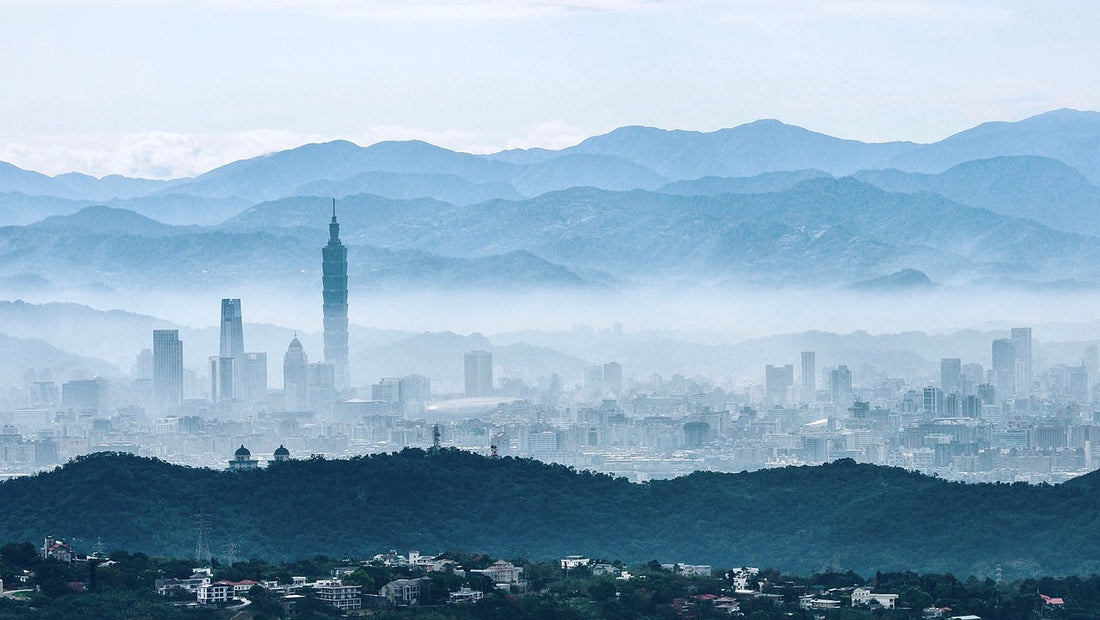
🇨🇳🇹🇼 China and Taiwan – An unresolved conflict with global significance
Share
The conflict between China and Taiwan is one of the most complex and dangerous geopolitical tensions of our time. It's not just about two irreconcilable positions – it's also about power, identity, history, and the future of the Indo-Pacific region. But what exactly is behind this conflict? And why does it affect not only East Asia, but the entire world?
A quick look back: How it all began
The roots of the conflict date back to 1949. After the Chinese Civil War, the Communist Party under Mao Zedong gained control on the mainland and founded the People's Republic of China . The defeated nationalist Kuomintang government fled to the island of Taiwan and established its own government there—the Republic of China , which exists to this day.
Since then, two de facto Chinese states have existed – but Beijing regards Taiwan as a breakaway province that should be reunited with the mainland “sooner or later” – if necessary by force.
Two systems, two identities
While the communist-ruled mainland is increasingly positioning itself as a global superpower, Taiwan has developed into a democratic, technologically advanced society – with its own government, constitution, army and foreign policy.
A large portion of the population no longer identifies as Chinese , but as Taiwanese . The idea of "reunification" with China therefore encounters strong resistance in Taiwan—especially among younger generations.
Threats and power politics
China has significantly increased military and political pressure on Taiwan in recent years:
-
Fighter jets and warships regularly cross the unofficial sea border.
-
China's head of state, Xi Jinping, repeatedly emphasizes that reunification "cannot be postponed."
-
At the same time, Beijing prevents Taiwan from being represented in international organizations (e.g. WHO, UN).
The government in Taipei, on the other hand, emphasizes its independence – without formally declaring independence, which is seen as a red rag to Beijing.
Why the world is watching
Taiwan is not only geopolitically important, but also economically – it produces around 60% of the world's semiconductor chips , many of them from the company TSMC , which is indispensable for global tech companies.
At the same time, Taiwan is a symbol of democracy in Asia – and a strategic partner for many Western countries (especially the USA).
A military conflict would have global repercussions : on markets, supply chains, diplomatic alliances – and on security in the entire Indo-Pacific region.
Is there a solution?
Not yet. China rejects any form of Taiwanese independence. Taiwan, in turn, wants to maintain its democratic status – without directly declaring independence, so as not to provoke Beijing. Most countries (including Germany) do not recognize Taiwan diplomatically , but maintain close unofficial relations.
As long as neither side gives in – and no clear solution is found – the Taiwan conflict will remain a geopolitical powder keg.
Conclusion
The conflict between China and Taiwan is more than a dispute over borders or history. It represents the clash of two worldviews : authoritarian unity versus democratic self-determination. How this conflict develops depends on many factors—diplomatic skill, international pressure, economic dependencies, and, last but not least, the question of how far China is willing to go.
